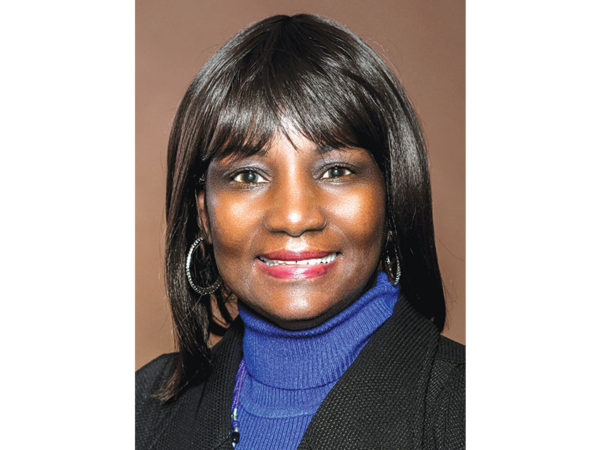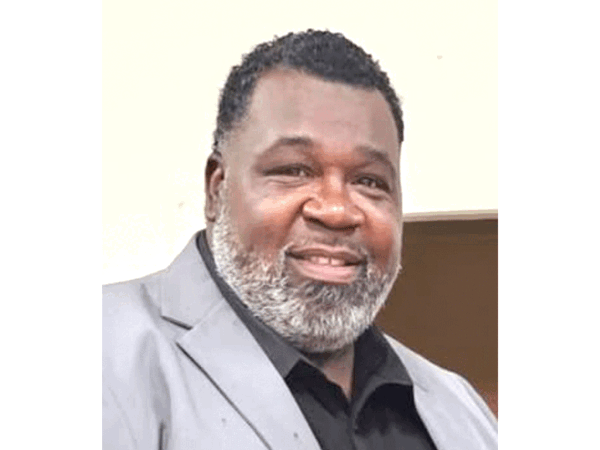Senate Bill 1 by Senator Miguez (Act 1) makes it lawful for any person 18 years of age or older who is not prohibited from possessing a firearm under state or federal law to carry a concealed weapon without a permit (permitless or “constitutional” carry). However, the act does not allow a concealed handgun in certain places prohibited by state or federal law, including a law enforcement building, courthouse, polling place, municipal building utilized as the meeting place of the governing authority, the state capitol, airport, place of worship without permission of the administration, parade or demonstration for which a permit is issued, and a school or school bus.
Senate Bill 2 by Senator Miguez (Act 2) provides that a person with a concealed handgun permit cannot be held liable for damages for any injury, death, or loss suffered by a perpetrator when the injury, death, or loss is caused by a justified use of force or self-defense through the discharge of the handgun. The act precludes any right of action by the perpetrator, his survivors, or his heirs. This immunity from liability does not apply to acts or omissions that constitute gross negligence or intentional misconduct or that result in a valid and final felony conviction.
Senate Bill 3 by Senator Cloud (sent to governor) provides that after April 19, 2024, “child” for purposes of delinquency proceedings means any person under the age of 21, including an emancipated minor, who commits a delinquent act before attaining 17 years of age. This act essentially “rolls back” the “Raise the Age” act of 2016 (Act 501).
Senate Bill 4 by Senator Cloud (sent to governor) prohibits modification of the sentence of a child who was 14 or older when he committed first degree rape or aggravated kidnapping. A child who was 14 or older when he committed a crime of violence, except first degree murder, second degree murder, first degree rape, and aggravated kidnapping, will be confined without benefit of probation or suspension of sentence. A child confined for crimes of violence, except first degree murder, second degree murder, first degree rape, and aggravated kidnapping, are eligible for modification only after serving at least one-half of the disposition.
Senate Bill 5 by Senator McMath (Act 11) requires that for parole to be granted, the offender cannot have committed any major disciplinary offenses in the 36 consecutive months prior to the parole eligibility date and must have completed 100 hours of pre-release programming and substance abuse treatment, completed a literacy program, an adult basic education program, a job skills training program, or obtained a high school equivalency certificate, and obtained a low-risk level designation from DOC. The committee will not consider a parole rehearing for any prisoner serving a sentence for any crime of violence or sex offense until at least five years after the denial of parole. The attorney general is allowed to review the offender’s record and present relevant testimony. The committee on parole will have the authority and sole discretion to rescind, modify, reconsider, or otherwise alter any prior decision granting parole for any reason deemed appropriate by the committee.
If you have any questions, please contact our district offices.



